Aleks Trklja
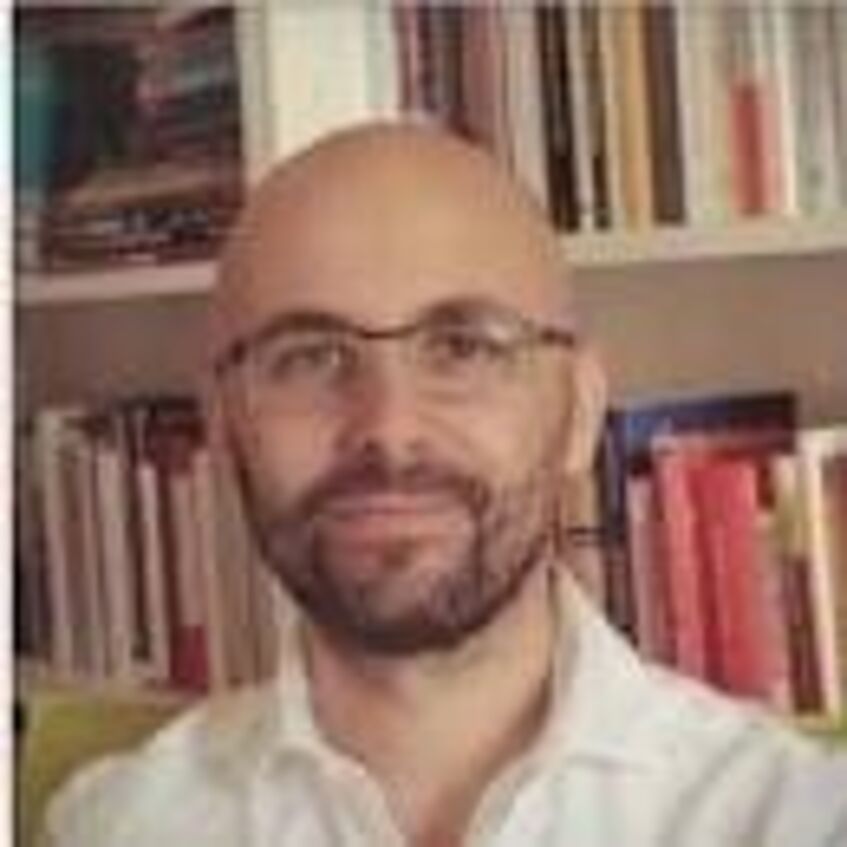
© Aleks Trklja
Aleksandar Trklja is an assistant professor at the Department of Translation Studies at the University of Birmingham. His research lies in corpus linguistics, lexical semantics, theoretical translation studies and language and cognition. Most recently, he has published on relations between distributional properties of lexical items and lexical aspect and on event structures in literary texts. In his current research project, he explores the notion of translation as quotation with regard to the view that propositions are cognitive acts and that the meaning of propositions is grounded in truthmaking semantics.
Abstracts & talk:
Jonathan Egid
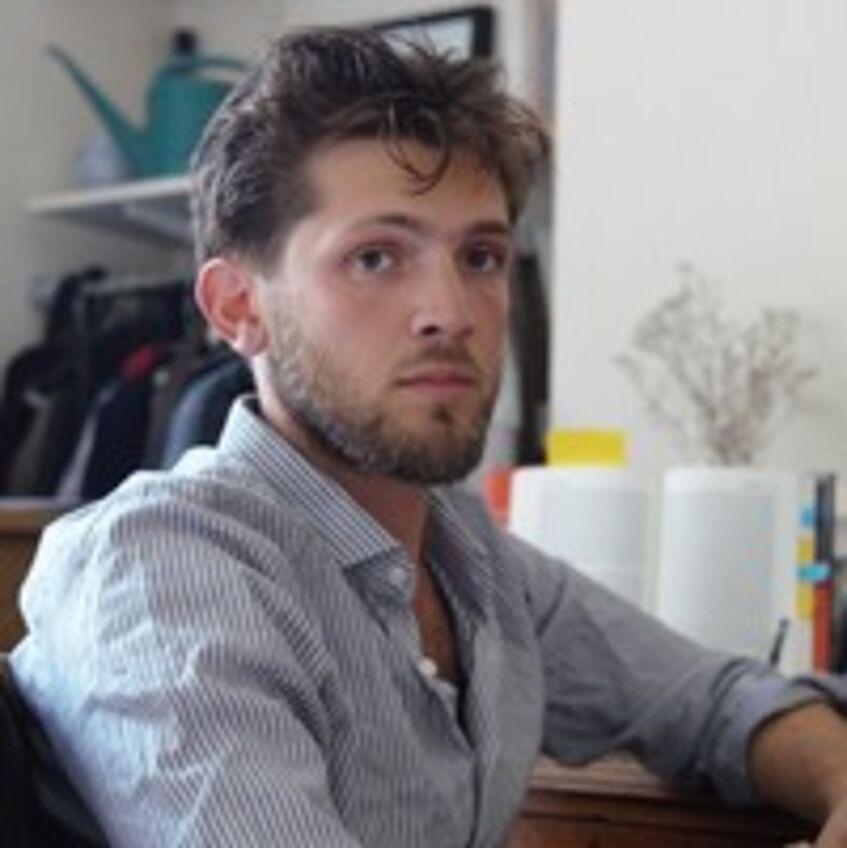
©Jonathan Egid
Jonathan Egid is a PhD candidate in Comparative Literature at King’s College London. His doctoral research focuses on two works of philosophy in Ge’ez from 17th century Ethiopia, the Hatata Zera Yacob and the Hatata Walda Heywat and the politically fraught debate over their authorship. His writing about philosophy, literature and politics appears in the TLS, New Humanist, Philosophy and elsewhere.
Abstracts & talk:
Melissa Pawelski
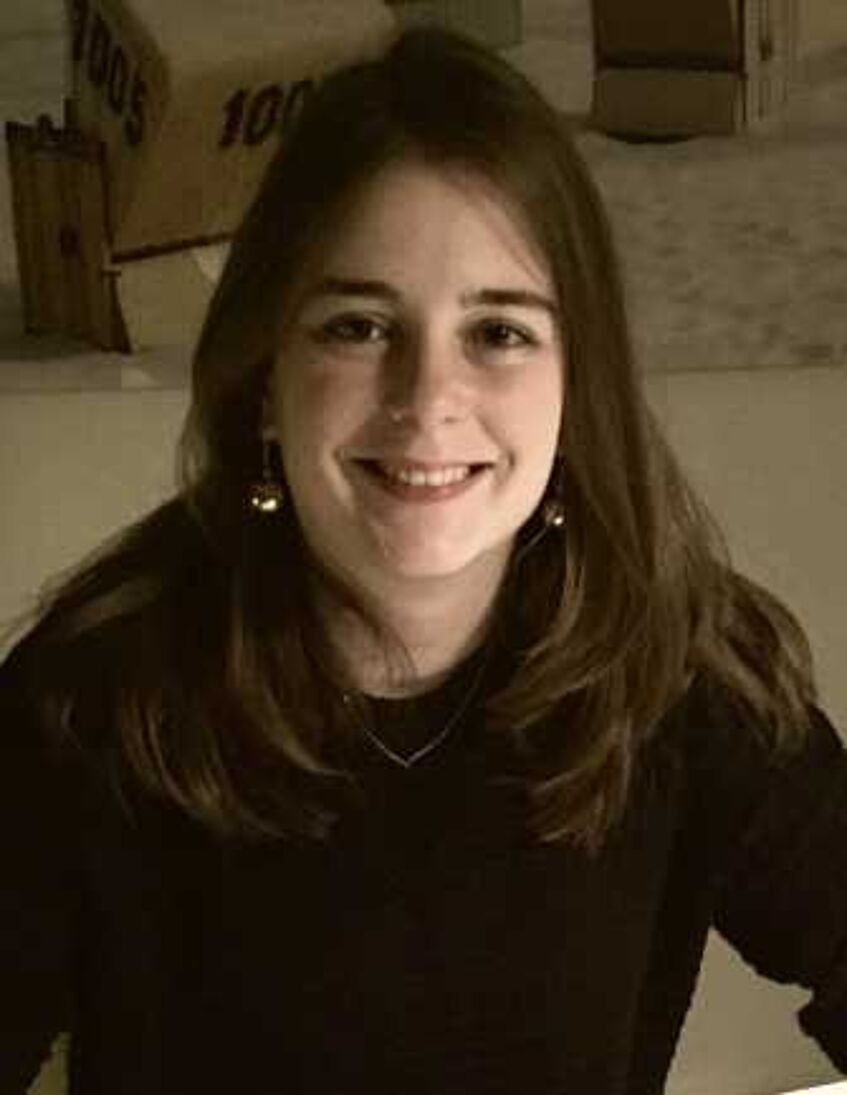
Melissa Pawelski is currently completing her PhD in French Studies at the University of Warwick, UK. Her thesis explores the English and French translations of Michel Foucault’s Surveiller et punir (1975) to demonstrate the various ways in which they differ significantly from the original French. Prior to focussing her research on modern languages and translation, she studied geography at the University of Lyon III and wrote a master’s thesis in social theory and space on Foucault’s influence on the discipline of human geography in Britain, France, and Germany at Swansea University, UK.
Abstracts & talk:
Between ‘Körper’ and ‘Leib’: Foucault’s idea of the body after Nietzsche in Surveiller et punir
Entre ‘Körper’ et ‘Leib’: L’idée du corps chez Foucault après Nietzsche dans Surveiller et punir
Mikael Evdokimov
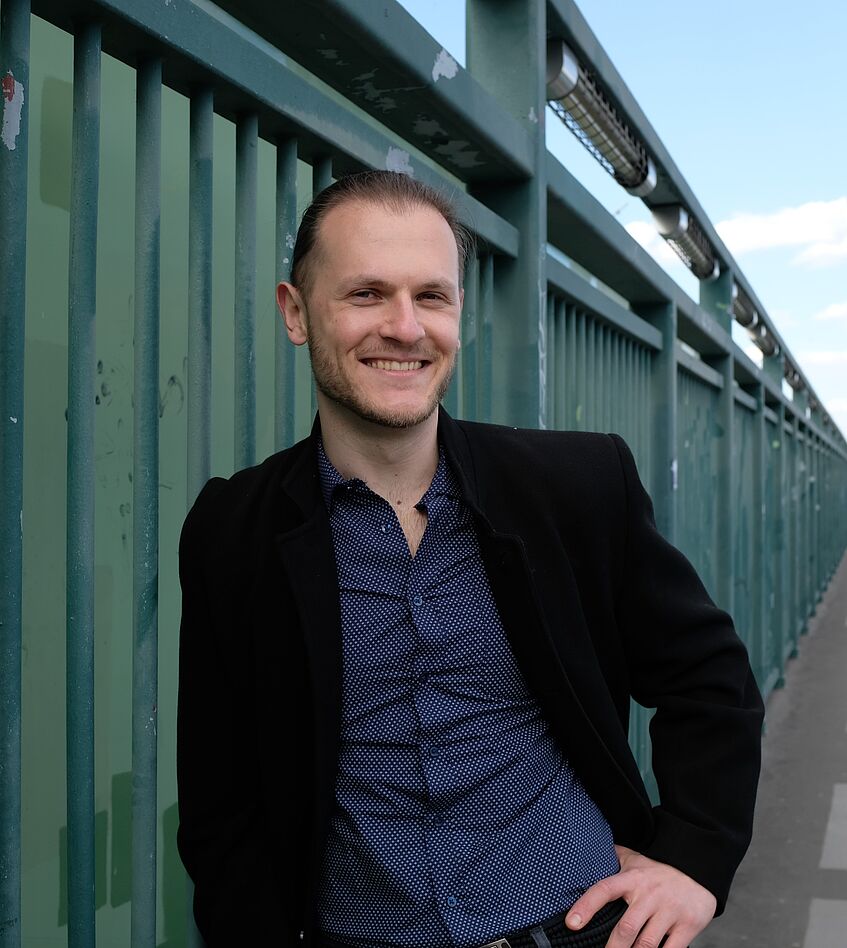
©Mikael Evdokimov
Mikael Evdokimov is a university assistant at the Centre for Translation Studies in Vienna. He holds a Diploma in General Linguistics, Intercultural Communication and Language Teaching, and a Master’s degree in Translation Studies. He conducted a multilayered analysis of Transcaucasia/South Caucasus as a spatial construct for his Master’s thesis and is doing his PhD research on literary translators in the context of the Armenian-Turkish rapprochement, with the focus on a triadic dynamics of identity, alterity and reconciliation.
Abstracts & talk:
Translators of philosophy as agents of dis/continuity
ÜbersetzerInnen der Philosophie als AkteurInnen der Dis/Kontinuität
Paulo Oliveira
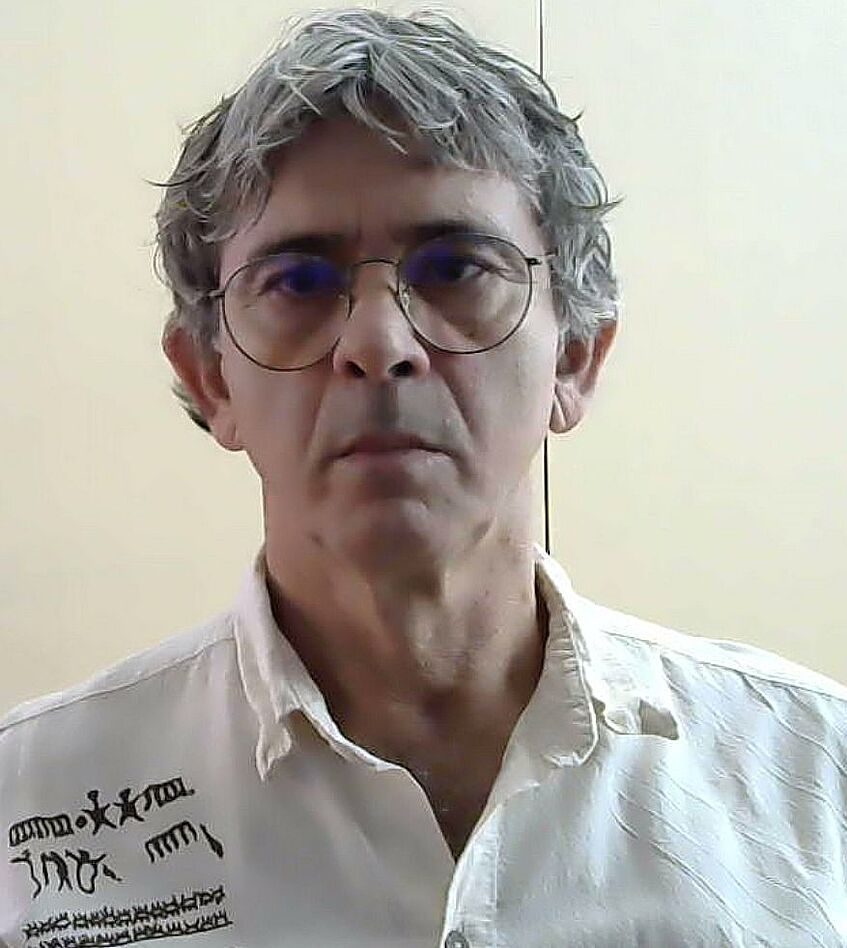
©Paulo Oliveira
Paulo Oliveira is Senior Lecturer for German as a foreign language (Undergraduate) at the Center for Language Teaching of the State University of Campinas (CEL/Unicamp) and Full Faculty member of the German Graduate Program at University of São Paulo (FFLCH/USP), Brazil. His areas of interest and research cover language didactics, translation & interpretation, and philosophy of language. He has also solid experience in the practice of translation & interpretation. His main focus of interest are now the fundaments of an epistemology of translating from Wittgensteinian matrix, in dialogue with hermeneutics, descriptive studies and poststructuralist discourse.
Abstracts & talk:
Rigor in translation theory: vagueness before exactitude
Stringenz in der Übersetzungstheorie: Unbestimmtheit vor Genauigkeit
Salah Basalamah
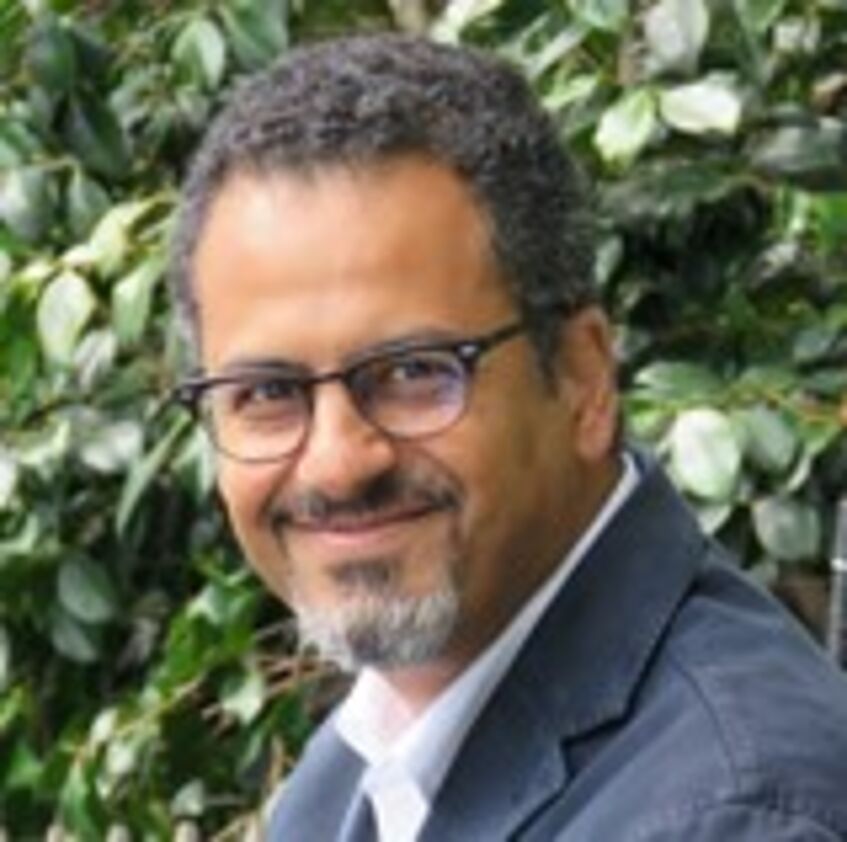
©Salah Basalamah
Salah Basalamah is Associate Professor at the School of Translation and Interpretation at the University of Ottawa, Canada. He graduated with a Bachelor degree in French Modern Literature and Philosophy from La Sorbonne, Paris, a Masters from Lyon2, and a PhD from the U. of Montreal in Translation Studies. His fields of research include the Philosophy of Translation, Translation Rights, Postcolonial, Cultural and Religious Studies, as well as Western Islam and Muslims. He's the author of Le droit de traduire. Une politique culturelle pour la mondialisation [The Right to Translate. A Cultural Policy for Globalization] (2009) at the University of Ottawa Press. He is now working on a forthcoming book on the philosophy of translation and its varied applications in the fields of social and natural sciences. For more details, please visit http://www.basalamah.org.
Abstracts & talk:
Sarah Fisher
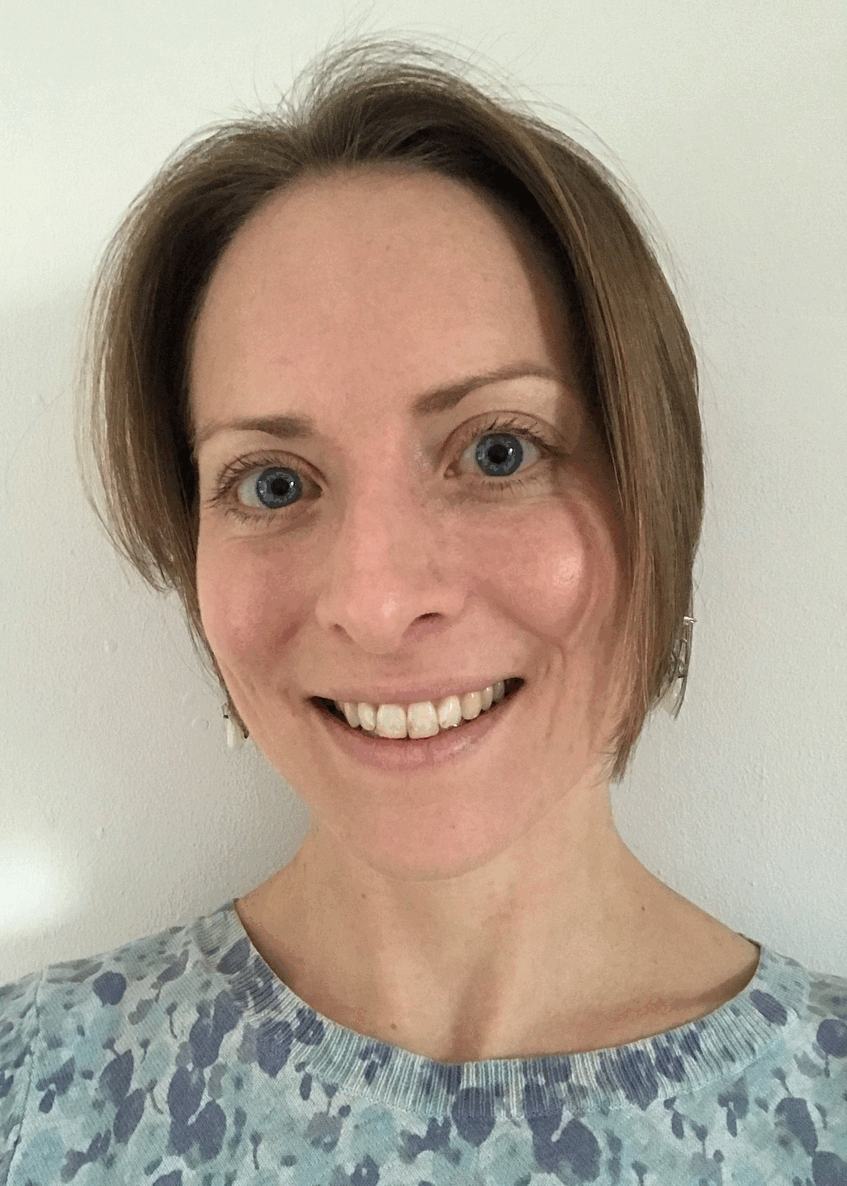
©Sarah Fisher
Sarah Fisher is a postdoctoral researcher in philosophy at the University of Vienna. She previously worked at the University of Reading, where she completed her PhD on framing effects and context in language comprehension.
Abstracts & talk:
Not just words: Balancing efficiency and integrity in translation
Stephen Noble
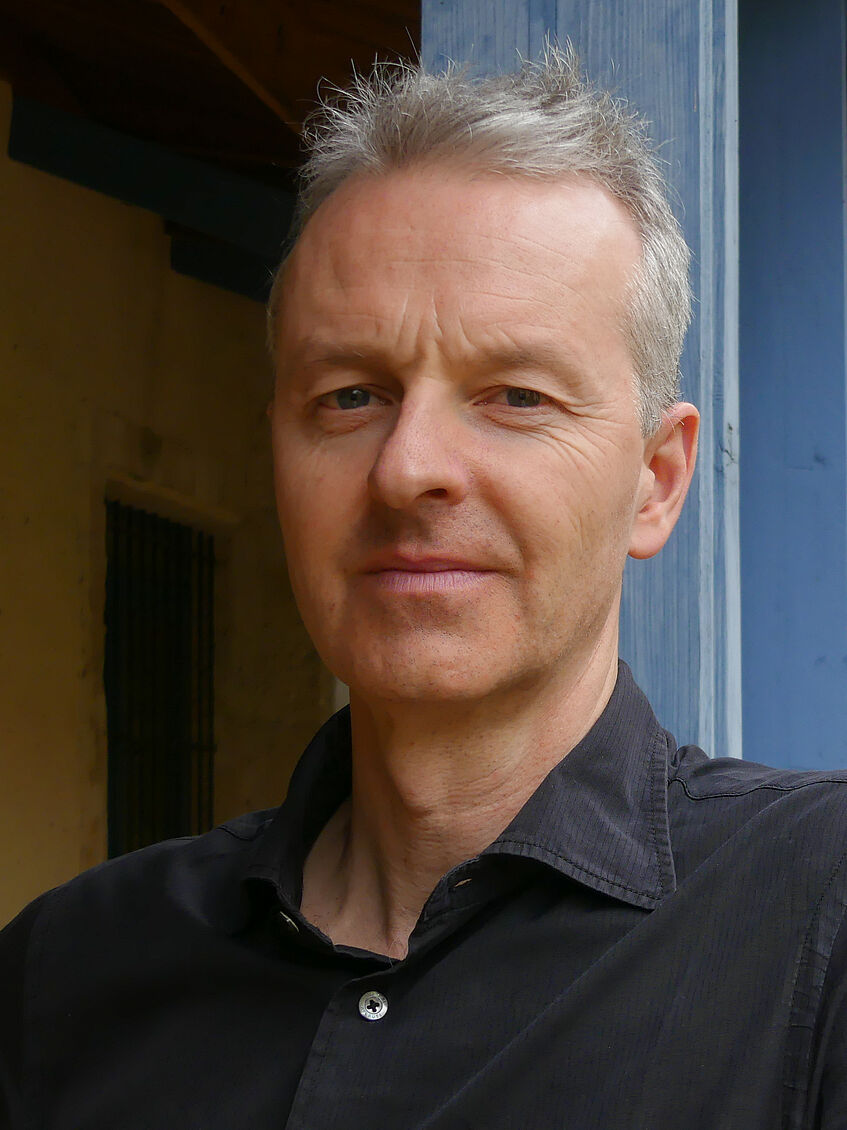
©Stephen Noble / Photo credit: Collège international des traducteurs littéraires (CITL), Arles, France
Stephen Noble is currently an Associate Professor at the Université de Lille (France), where he teaches Translation Studies (Theory & Practice) and Philosophy. He holds a Doctorat de philosophie from the Université de Paris I – Panthéon - Sorbonne, and was a Social Sciences and Humanities Research Council of Canada (SSHRC/CRSH) Postdoctoral Research Fellow, in Philosophy, at McGill University (Montréal, Canada). His research and publications deal explicitly with philosophical questions relating to language. He is the author of two books: Silence et langage [Silence and Language] (Brill, 2014) and La conscience perceptive [Perceptual Consciousness] (Zeta Books, 2014).
Abstracts & talk:
Francesca Ervas
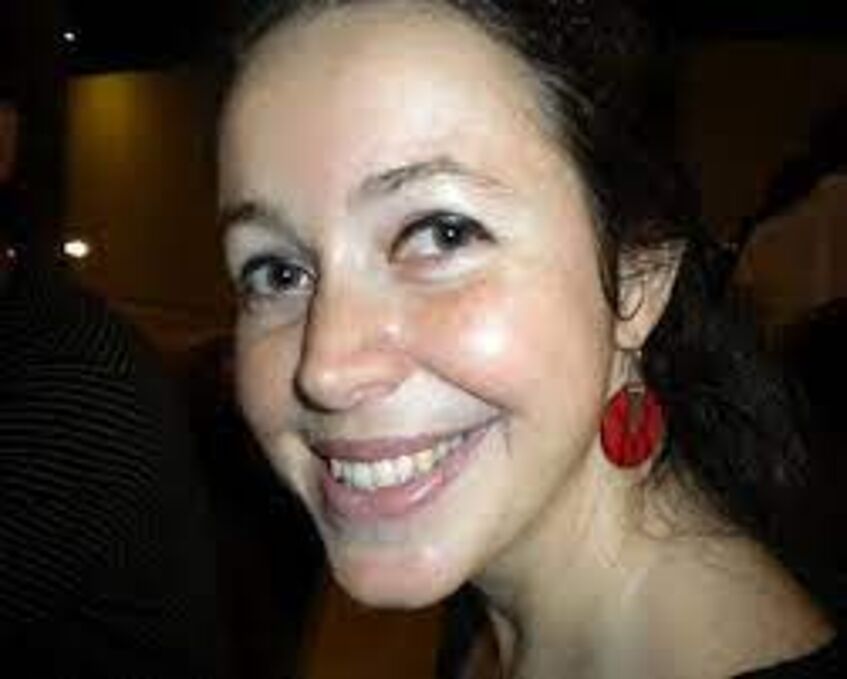
©Francesca Ervas
Francesca Ervas is Associate Professor of Philosophy of Language at the Department of Education, Psychology, Philosophy, University of Cagliari, where she teaches Philosophy of language and Pragmatics. She was postdoc at the Department of Linguistics, University College London and the Institut Jean Nicod, Ecole Normale Supérieure, Paris and recently Fellow at the Netherlands Institute for Advanced Study in the Humanities and Social Sciences, Amsterdam. Her research interests concern issues in Metaphor Theory, Argumentation Theory, Experimental Pragmatics, and the Problem of Translation. She authored (or coauthored) three books and many publications in international peer-reviewed journals.
Abstracts & talk:
Translation as a test for the explicit-implicit distinction
La traduzione come test per la distinzione tra significato esplicito vs. implicito
Lisa Foran

©Lisa Foran
Lisa Foran is assistant professor of philosophy at the UCD School of Philosophy where she researches and lectures in European Philosophy. Her research uses translation to approach the ethics of intersubjective relations within the frameworks of phenomenology and hermeneutics. She is the editor of Translation and Philosophy (Peter Lang, 2012), co-editor of Heidegger, Levinas, Derrida: The Question of Difference (Springer, 2016) and author of Derrida, The Subject and the Other: Surviving, Translating and the Impossible (Palgrave Macmillan, 2016) as well as numerous book chapters and articles. See: https://ucd.academia.edu/LisaForan
Abstract & talk:
Michela Bariselli
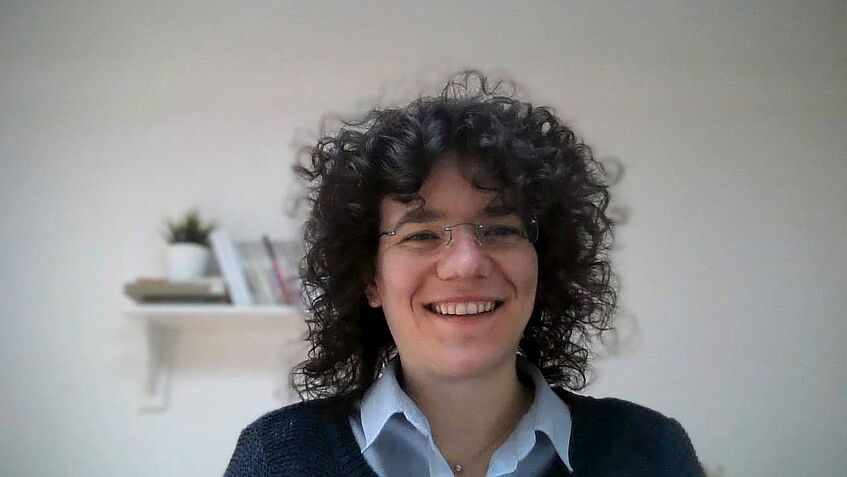
©Michaela Bariselli
Michaela Bariselli is a lecturer of philosophy at the University of Reading, where she completed her PhD on the philosophical analysis of humour in Samuel Beckett’s prose.
Abstracts & talk:
Not just words: Balancing efficiency and integrity in translation
Nikki Ernst

©Nikki Ernst
Nikki Ernst is a PhD student in Philosophy at the University of Pittsburgh, having studied both Philosophy and Comparative Literature in Munich and Cambridge. Their research interests criss-cross between several interconnected ways of engaging with language(s) – such as: How can we employ Ordinary Language Philosophy to intervene into dominant visions of what philosophers (should) do with words? How can we frame harmful speech in a normatively non-neutral manner to engage in a genuinely political philosophy of language? How has the idealization of monolingualism been shaping the way we practice philosophy? And what does it mean to idealize language(s) anyway?
Abstracts & talk:
Linguality and the untranslatable: Toward an ordinary languages philosophy
Sprachigkeit und das Unübersetzbare: Für eine Philosophie der Alltagssprachen
Piers Rawling
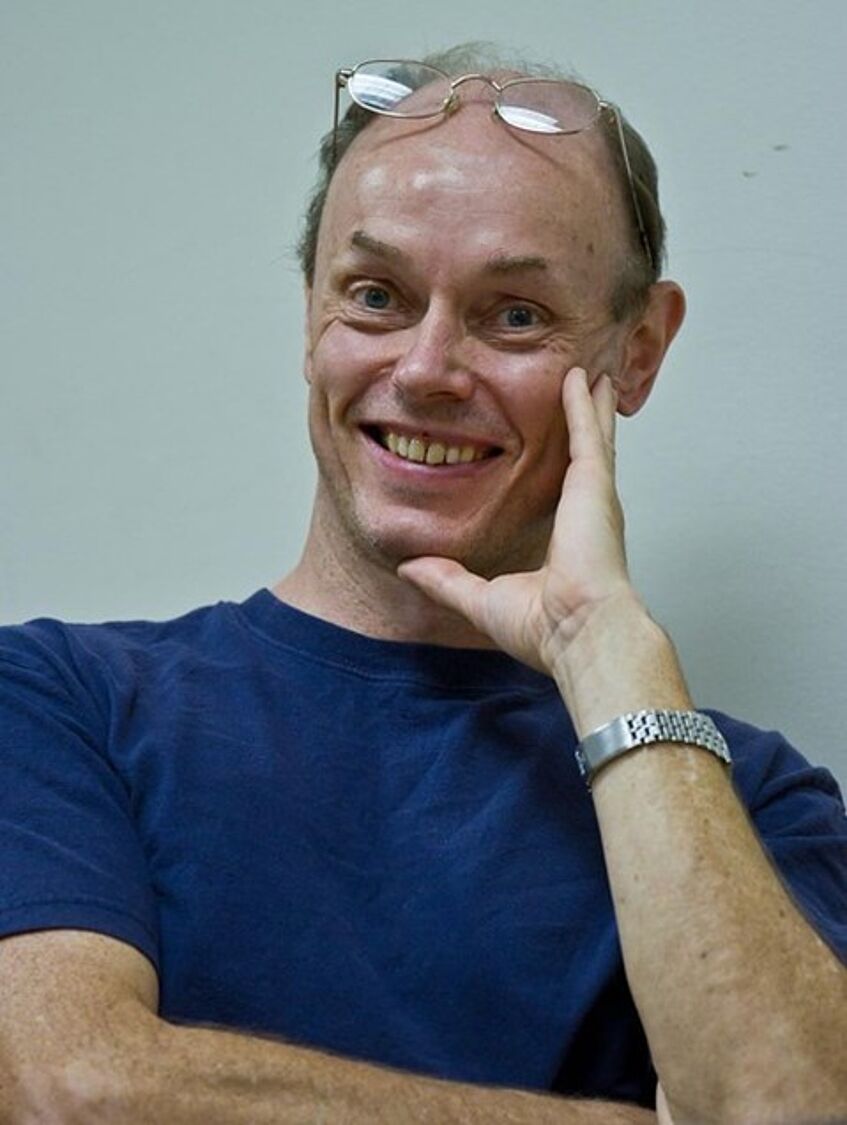
©Piers Rawling
Piers Rawling teaches philosophy at Florida State University, where he has also served as department chair for many years. He has wide ranging interests, including philosophy of language, in particular the Davidsonian approach. With Philip Wilson, Piers co-edited The Routledge Handbook of Translation and Philosophy (Routledge 2018).
Abstract & talk:
Davidson on indeterminacy and ‘passing theories’: Need translators worry?
Samir Haddad
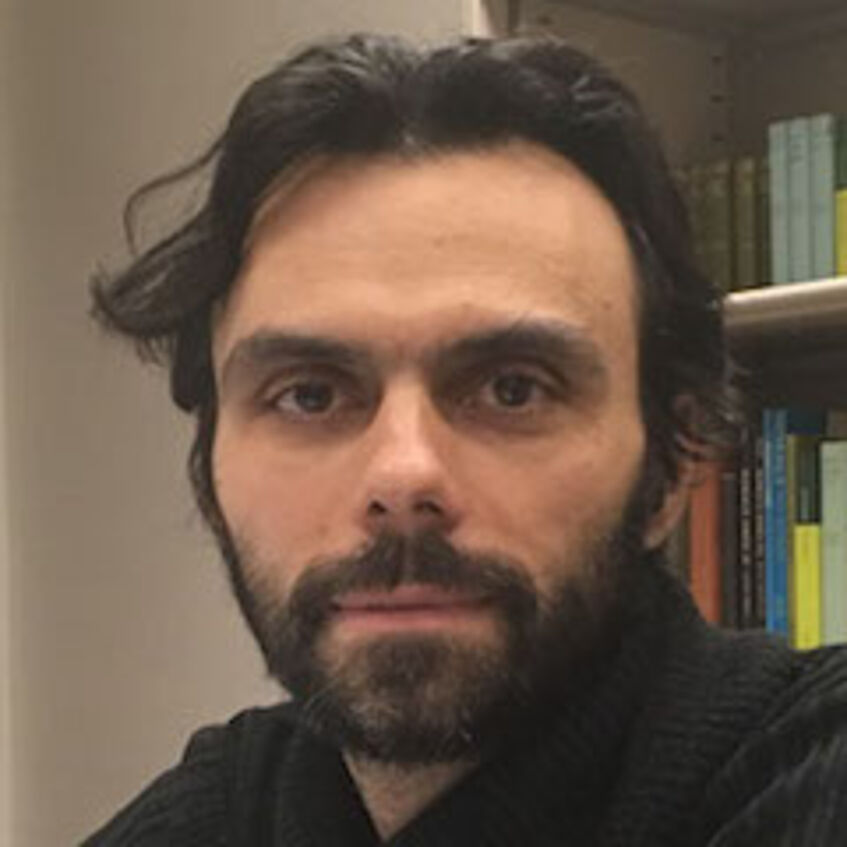
©Samir Haddad
Samir Haddad is Associate Professor of Philosophy at Fordham University. He is the author of Derrida and the Inheritance of Democracy (Indiana UP, 2013) and co-editor of Foucault/Derrida Fifty Years Later (Columbia UP, 2016). His current research focuses on issues in the philosophy of education arising from the work of French thinkers writing in the wake of May '68, as well as the possibilities offered by multilingualism for philosophical teaching and learning.
Abstracts & talk:
Teaching with Untranslatables in The Beast and the Sovereign, Volume I
Enseigner avec des intraduisibles dans La bête et le souverain, volume I
Saša Hrnjez
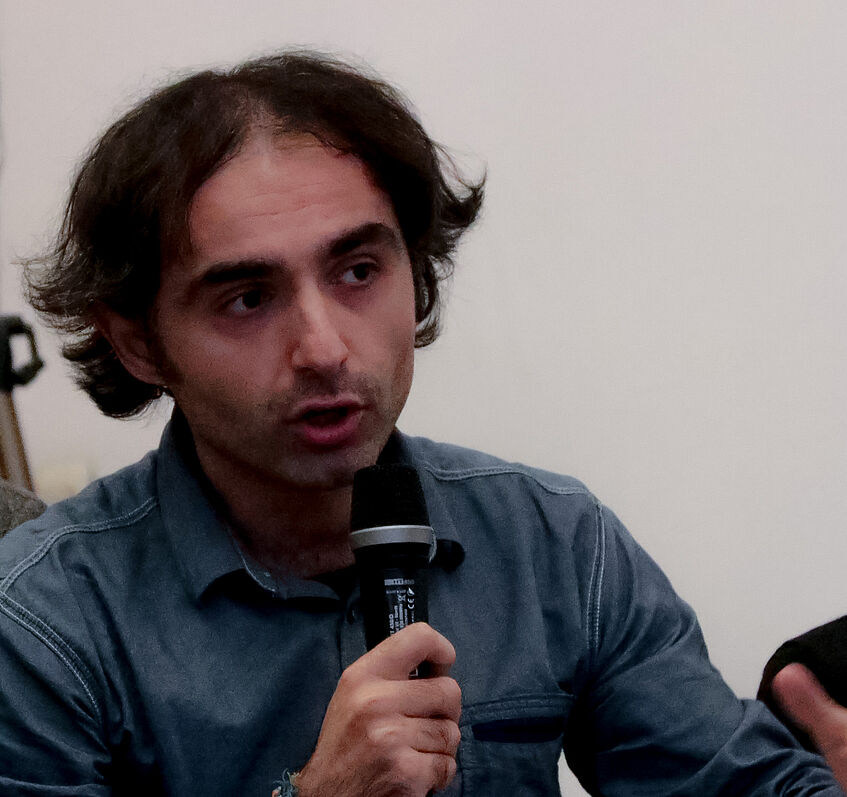
©Saša Hrnjez
Saša Hrnjez is a postdoc researcher at the University of Padua where he was a Marie-Sklodowska Curie research fellow in 2018-2020 (working on the project “Toward a Philosophical Rethinking of Translation “). He gained his Ph.D. in theoretical philosophy at the University of Turin (2015) and thereafter was a postdoc researcher in Heidelberg and in Naples at the Italian Institute for Philosophical Studies. His current research fields are German idealism and philosophy of translation. Besides his publications in philosophy, he also published various translations of Italian philosophical texts (e.g. Galileo, Gramsci, Vattimo) into Serbian.
Abstracts & talk:
The right time of being late: Some reflections on the affinity between philosophy and translation
Il tempo giusto di essere in ritardo: Alcune reflessioni sull'affinità tra filosofia e traduzione
Ziling Bai
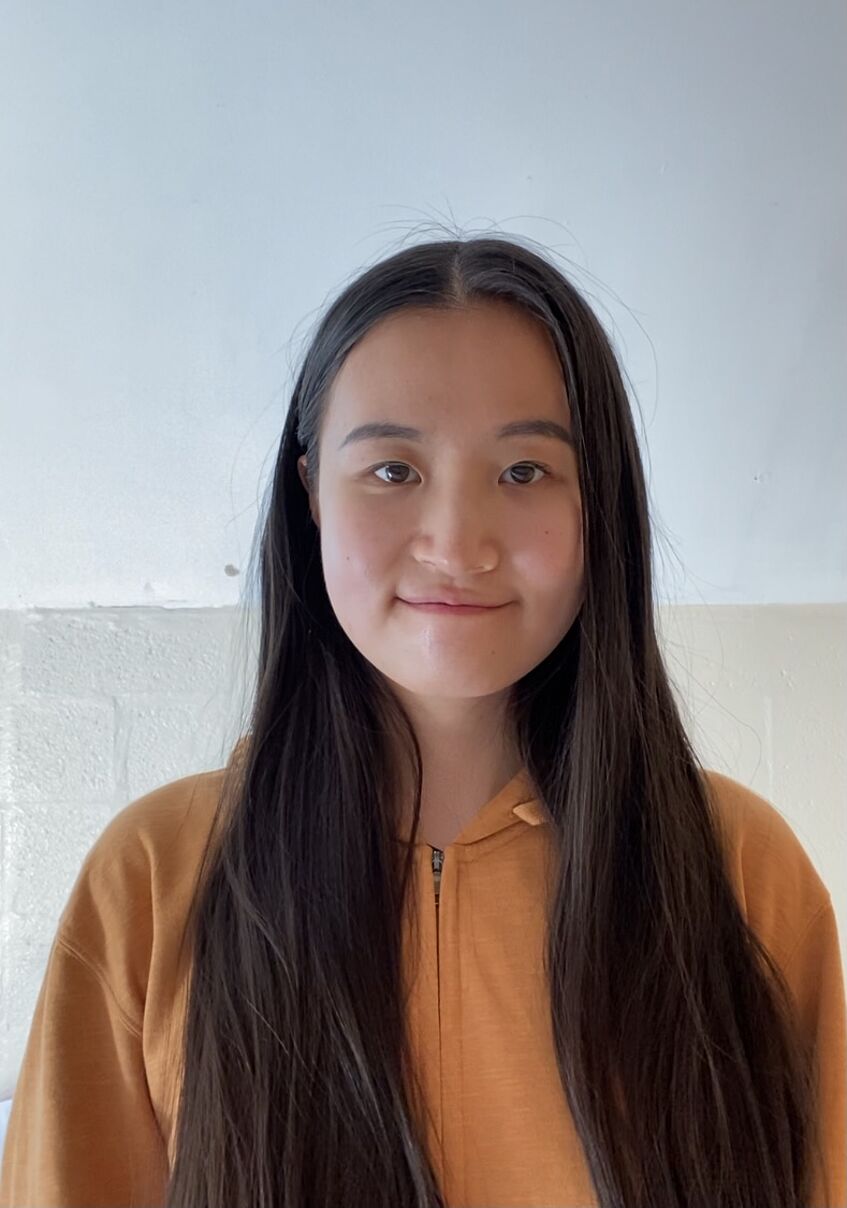
© Ziling Bai
Ziling Bai is a second-year PhD student in Translation and Intercultural Studies at University of Manchester. She studies the (re)translation of Virginia Woolf’s novels into Chinese, with a particular focus on the translation of vivid, imaginal and ghostly memories in To the Lighthouse. She wants to add details to the nexus between translation, memory and hauntology. Ziling is a co-translator of the 2020 [2018] retranslated version of Virginia Woolf’s The Waves into Chinese.
Abstracts & talk:
Ghostly encounters: Derrida’s Specters of Marx and (re)translation